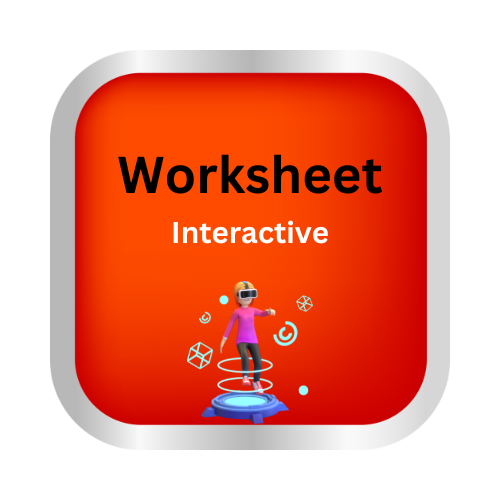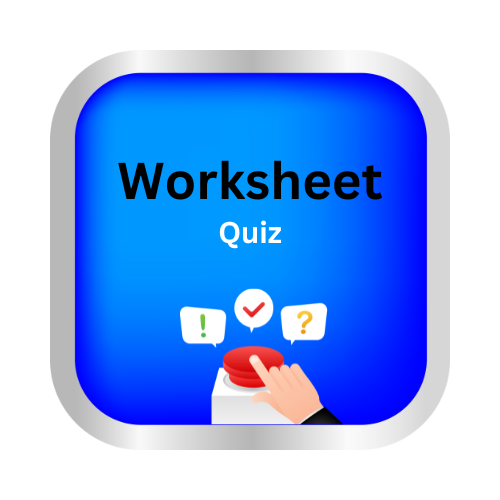Commas with direct addresses, introductory words, interjections and interrupters
Key Notes :
| Commas with Direct Addresses 🎯 |
Use a comma when speaking directly to someone.
The person being spoken to is called the direct address.
Example:
- “Lisa, can you help me with this?” 👩🎓
- “Please, John, pass me the book.” 📚
Tip: The name of the person is always set off by commas. ✅
| Commas with Introductory Words 📝 |
Use a comma after words like well, yes, no, why, oh, hey at the beginning of a sentence.
Example:
- “Yes, I will come to the party.” 🎉
- “Well, I didn’t expect that!” 😲
- “Oh, I forgot my homework.” 📝
Tip: These words signal the start of a sentence and need a comma after them. ✅
| Commas with Interjections 🎉 |
Interjections are short words or phrases that show strong feelings or emotions.
Always use a comma after an interjection.
Examples:
- “Wow, that’s amazing!” 🤩
- “Hey, watch out!” ⚠️
- “Ouch, that hurts!” 😖
Tip: Interjections can also be followed by an exclamation mark if the feeling is strong. ✅
| Commas with Interrupters ⚡ |
Interrupters are words or phrases that break the flow of a sentence.
Always set them off with commas.
Common interrupters: however, in fact, of course, on the other hand, you know
Examples:
- “The movie, in fact, was better than I expected.” 🎬
- “I will, of course, help you with your project.” 💡
- “The dog, you know, loves to play fetch.” 🐶
Tip: If you remove the interrupter, the sentence still makes sense! ✅
| 🎨 Quick Rules Recap |
| Type | Example | Emoji |
|---|---|---|
| Direct Address | “Anna, come here.” | 👩🎓 |
| Introductory Words | “Well, I didn’t see that coming.” | 😲 |
| Interjections | “Wow, that’s beautiful!” | 🤩 |
| Interrupters | “My brother, however, disagreed.” | ⚡ |
💡 Remember: Commas help make your writing clear and show the pause when you speak!
Let’s practice!🖊️

